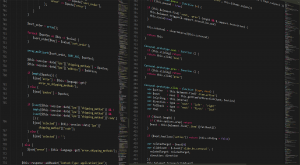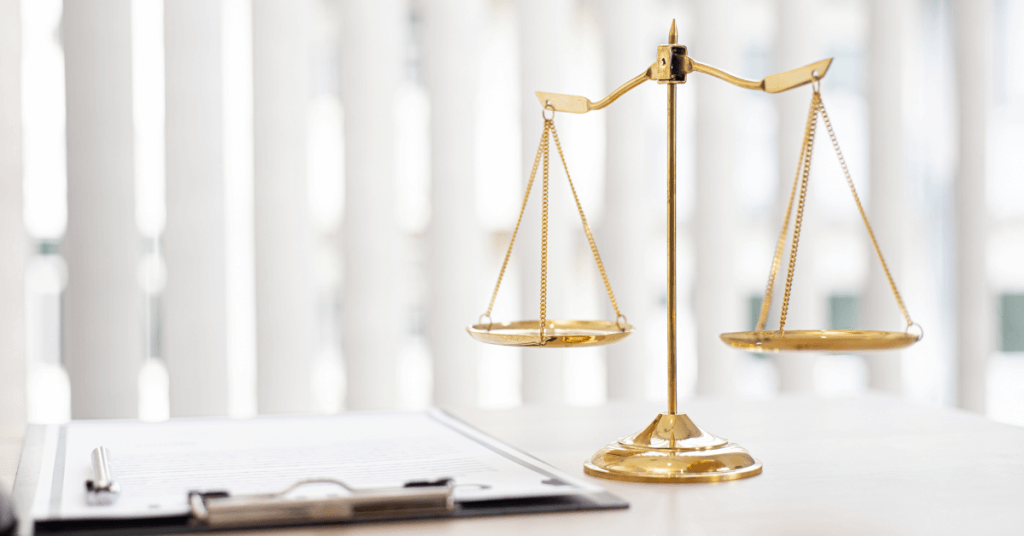 What are computer offences and cybercrime lawyers?
What are computer offences and cybercrime lawyers?
The increasing use of the Internet, computers and other devices have given rise to a number of computer offences and cybercrimes. This means that you may need cybercrime lawyers.
A computer offence is a crime directed at the unauthorised use of computers and other devices. The laws in relation to computer offences regulate the possession, modification, access and impairment of data and information held in a computer and other storage devices.
In comparison, the term cybercrime refers to the use of computers and other devices as platforms to commit an existing type of criminal offence.
The following information sets out the range of computer offences that are listed under Part 6 of the Crimes Act 1900 (NSW) and other cybercrimes.
Possession of data with intent to commit a serious computer offence
It’s an offence under section 308F of the Crimes Act to possess or control data with the intention of committing a serious computer offence, or with the intention of facilitating the commission of a serious computer offence. This is whether by the person or by another person.
Acts that fall under this provision include:
- Possession of a computer or data storage device holding or containing the data or of a document in which the data is recorded, and
- Control of data held in a computer that is in the possession of another person (whether the computer is located within or outside of NSW).
A person can be guilty of this offence even if the intended offence does not actually happen or is impossible. The guilt occurs as long as the person possesses or controls the data with the intent to do so.
Supplying data with intent to commit a serious computer offence
It is an offence under section 308G of the Crimes Act to produce, supply or obtain data with the intention of committing a serious computer offence, or with the intention of facilitating the commission of a serious computer offence (whether by the person or by another person).
The terms “Produce”, “supply or obtain data” includes:
- Produce, supply or obtain data held or contained in a computer of data storage device, or
- Produce, supply or obtain a document in which the data is recorded.
A person can be guilty of this offence even if the intended offence does not actually happen or is impossible. This is as long as the person supplies data with the intent to do so.
Unauthorised access, modification or impairment of restricted data
It is an offence under section 308H of the Crimes Act to cause any unauthorised access to or modification of restricted data held in a computer, and who knows that the access or modification is unauthorised, and who intends to cause that access or modification.
“Restricted data” means data held in a computer, being data to which access is restricted by an access control system associated with a function of the computer.
Unauthorised access, modification or impairment with intent to commit a serious indictable offence
It is an offence under section 308C of the Crimes Act to cause any unauthorised computer function, knowing it is unauthorised, and with the intention of committing a serious indictable offence, or facilitating the commission of a serious indictable offence. This is whether it is by the person or by another person.
A person can be guilty of this offence even if the intended offence does not actually happen or is impossible, as long as the person possesses or controls the data with the intent to do so.
Unauthorised impairment of data held in computer disk, credit card or other device
It is an offence under section 308I of the Crimes Act to cause any unauthorised impairment of the reliability, security or operation of any data held on a computer disk, credit card or other device used to store data by electronic means, and who knows that the impairment is unauthorised, and who intends to cause that impairment.
Cyber stalking, harassment & bullying
These offences involve the use of digital platforms to engage in harassing and/or threatening behaviour. For example, through the use of emails, social networking platforms or chat rooms. However, there is no specific law that sets out these cybercrimes. Rather, they are encompassed under a range of other offences. For example:
- Under the Crimes (Domestic and Personal Violence) Act 2007 (NSW) it is an offence to stalk or intimidate another with the intent to cause fear or physical or mental harm;
- Under the Criminal Code Act 1995 (Cth) it is an offence to use a carriage service to menace, harass or cause offence or to make a threat to kill.
Cyber Fraud
Cyber fraud refers to the use of Internet services (email, web sites, chat rooms etc.) to conduct fraudulent transactions.
Examples of cyber fraud include:
- Email scams;
- Identify fraud / theft;
- Phishing and
- Online shopping scams.
Speak to experienced Cybercrime Lawyers
If you suspect that you may be under investigation, or if you are facing computer offence or cybercrime charges, it is important to speak to an experienced criminal defence lawyer. We can provide you with advice on your legal options.
Call O’Brien Criminal and Civil Solicitors on (02) 9261 4281. You can book a free initial consultation with one of our criminal solicitors.


